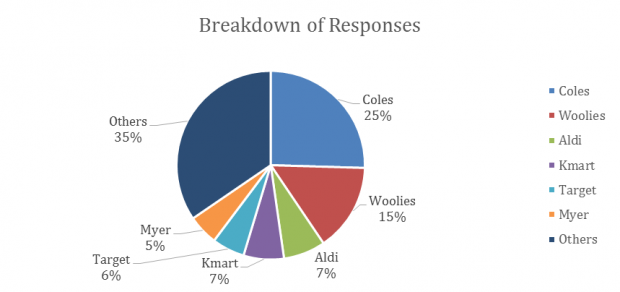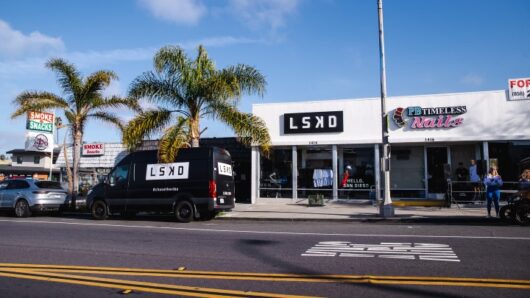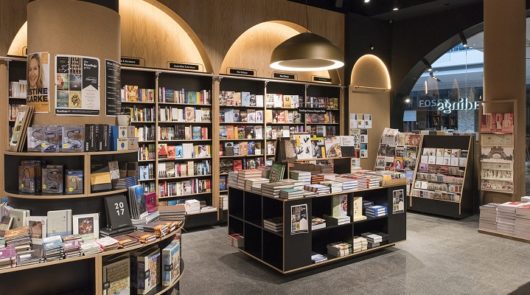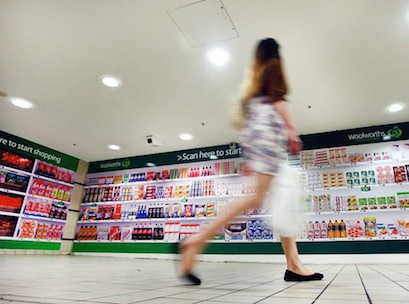 The emergence of budget supermarket Aldi could be due to a gap between consumer expectation and brand reality for more established supermarkets, according to new research from ICLP.
The emergence of budget supermarket Aldi could be due to a gap between consumer expectation and brand reality for more established supermarkets, according to new research from ICLP.
As part of its ‘Deeply Devoted’ research, the agency surveyed over 750 Australian respondents on their sentiments towards the country’s most prevalent brands.
The brand loyalty agency today released the latest wave of its ‘Deeply Devoted’ research, revealing the sentiment of over 750 Australian respondents towards the country’s most prevalent brands.
With supermarkets taking out the top three spots, the research underscores the challenges of consumer perception facing established retailers Coles and Woolworths, against streamlined, budget brand Aldi. The study took in a selection of Baby Boomers, Gen X and Millennials, revealing the top three supermarkets resonate differently across generations, with Aldi in particular performing well with value- and quality-conscious Boomers.
When asked, ‘When you think about retailers and brands you shop with regularly, which one brand comes to your mind first?’ respondents answered with the following:
The research also measured whether retailers were meeting consumer expectations across key metrics including Reliability, Respect, Reward, Trust and Recognition. Across the top 3 supermarket brands, a unique view on consumer perceptions emerged.
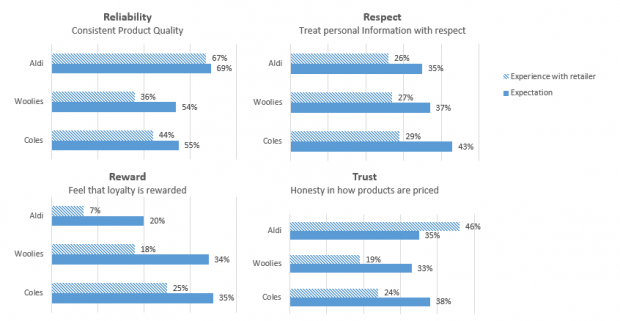 Expectations around product quality are highest for ALDI at 69 per cent, and experience almost matches, with 67 per cent of respondents feeling that they receive consistent product quality. For Coles and Woolworths, the drop was much more pronounced.
Expectations around product quality are highest for ALDI at 69 per cent, and experience almost matches, with 67 per cent of respondents feeling that they receive consistent product quality. For Coles and Woolworths, the drop was much more pronounced.
Regarding respect for personal information, consumers expected most from Coles, at 43 per cent. When asked about their actual experience, this figure dropped to 29 per cent, a loss of 14 per cent.
Loyalty rewards saw Coles perform the best of the three, recording the smallest drop between expectation and experience, from 35 per cent to 25 per cent. Woolworths dropped significantly more, from 34 per cent to 18 per cent. Aldi dropped from 20 per cent to 7 per cent.
Honesty around product pricing produced some of the most starling results, with Aldi exceeding consumer expectations, jumping 11 per cent from 35 per cent to 46 per cent. Woolworth and Coles each dropped 14 per cent.
“When looking at this data, it’s important for marketers to remember that while setting high expectations with your consumers might be daunting, it pays off in the end,” said Simon Morgan, GM, ICLP.
“So long as you get the execution right and give the customer an experience that’s broadly in keeping with that they’ve been conditioned to expect from your brand, you’ll be able to generate greater levels of brand loyalty.
“While a loyalty rewards programme might be a good start towards this kind of strategy, it has to fit within a wider brand experience platform that caters to the entire customer journey.”
“Woolworths is facing more challenges in meeting the high expectations they’ve set with customers. It is arguable that by falling short, Woolworths have opened themselves up to increased competition from budget retailers like Aldi. When customers are less satisfied by a brand experience, they’re more likely to be drawn away to simpler brands, those who’ve set lower expectations and either meet or exceeded them.”
Access exclusive analysis, locked news and reports with Inside Retail Weekly. Subscribe today and get our premium print publication delivered to your door every week.

